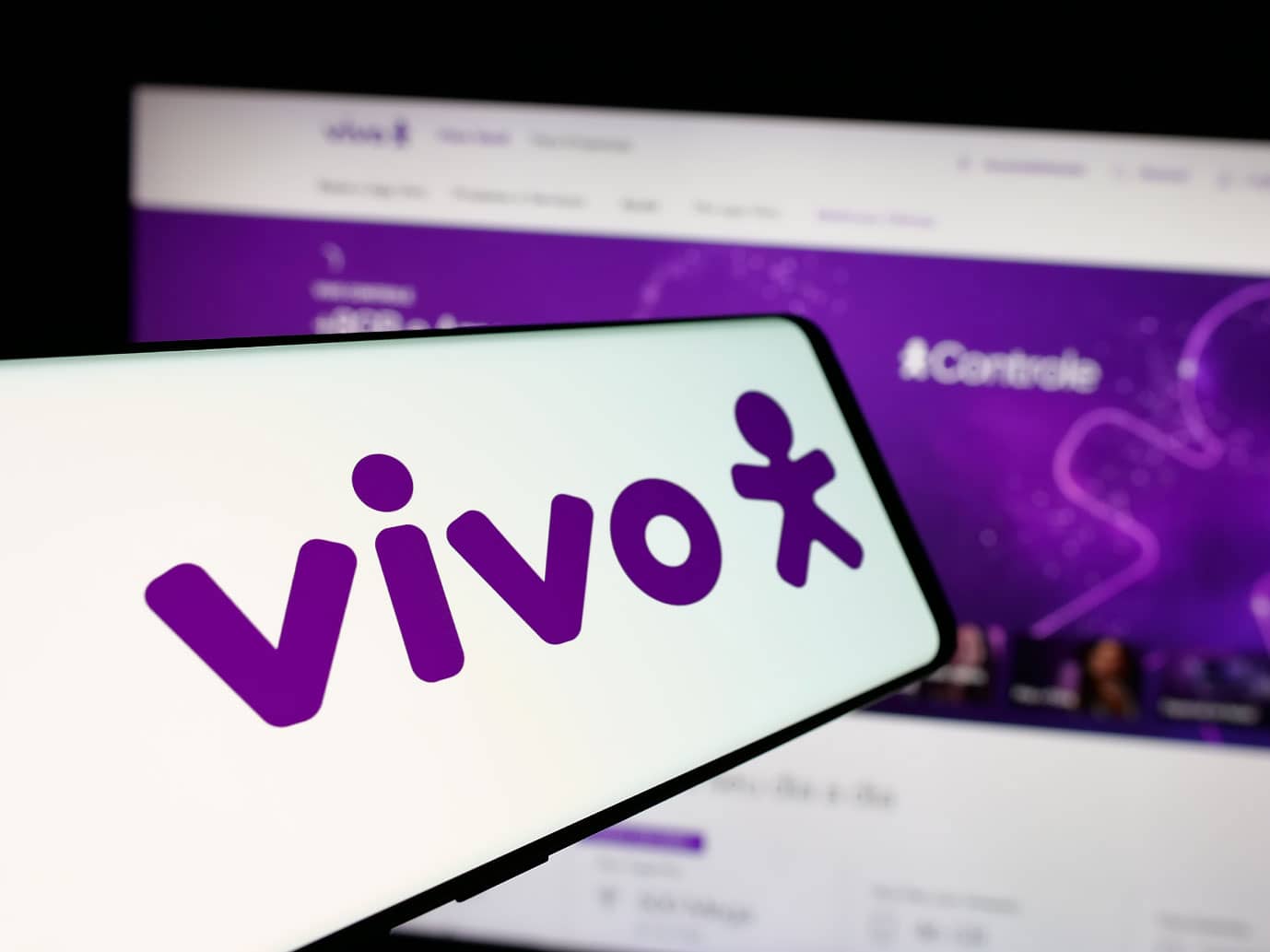One day, a company (also any company) discovers that it is the target of an unusual number of complaints from customers, users or consumers, whether on social networks, specialized services and portals, or government agencies.
The red alert goes on: it is necessary to alleviate the discomfort, find ways to get around the situation, solve the problems and (or) often, just try to hush up the case so that it does not get bigger and end up, I don't know, on a Sunday TV program with a large audience as a negative example of the actions of evil companies.
A crisis of this type falls into the category of harmful events, with a high chance of damage. It's not the only one, of course. Risk management areas can focus on issues ranging from executive kidnappings to large-scale fires, hacker attacks, and increasingly, climate disasters. All of this goes through evaluations, insurance company analyses, and the like.
Reputation is built brick by brick
In this context, reputation takes a leading role. But the thing is, suddenly building a good guy face out of nowhere doesn't work.
Reputation is not something that comes overnight. It is built slowly and steadily, brick by brick, with attention to details often overlooked in everyday life. Imagine a company whose receptionist is in a bad mood and greets (or treats) clients with roughness or indifference. Even though, in most cases, it is an outsourced professional, the disappointment is already present. A mistreated consumer at the call center, a delay in delivery (or payment), clumsy technical support... every small touchpoint can become a benefit or a detriment to the reputation.
Here at Percepta, one of our partners reports that years ago, they had a problem with the car rental company Localiza. "I'm upset and that's it," he says. But this year, he had to use the spare car and was directed by the insurance company specifically to Localiza.
“No matter the details, another problem occurred. Instead of using Reclame Aqui, I went to the store where I picked up the car and explained the problem, and the lady helped me wonderfully. What’s more, I needed the answer to my question to be sent by email. I contacted Localiza, explained this need and, once again, I was surprised by the quality of the service”, he says.
This is one of the best examples of how small things have the power to change an assessment.
When she becomes even more necessary, during a moment of crisis, it is this "balance" (or "debit") of reputation that will work in favor of resolving the conflict, whatever it may be (or not, in the case of "debit"). Without further exploring this favorable capital, management already incurs losses, forced to build overnight what should be sown daily, compelling the teams on the field to perform virtual juggling to keep everything on track.
Honestly comparing it is like literally trying to put a band-aid on a broken leg. Of course, there are professional teams with enough experience to replace the band-aid with orthopedic surgery, but the cost is high. The time required is long, the results come later, but by then the damage has already been done. Therefore, here are sayings as old as they are valid: in reputation, it is also grain by grain that the hen fills her belly, and slow and steady wins the race.
5 fundamental points, among many others that can be explored to avoid a crisis:
One day, a company (also any company) discovers that it is the target of an unusual number of complaints from customers, users or consumers, whether on social networks, specialized services and portals, or government agencies.
The red alert goes on: it is necessary to alleviate the discomfort, find ways to get around the situation, solve the problems and (or) often, just try to hush up the case so that it does not get bigger and end up, I don't know, on a Sunday TV program with a large audience as a negative example of the actions of evil companies.
A crisis of this type falls into the category of harmful events, with a high chance of damage. It's not the only one, of course. Risk management areas can focus on issues ranging from executive kidnappings to large-scale fires, hacker attacks, and increasingly, climate disasters. All of this goes through evaluations, insurance company analyses, and the like.
Reputation is built brick by brick
In this context, reputation takes a leading role. But the thing is, suddenly building a good guy face out of nowhere doesn't work.
Reputation is not something that comes overnight. It is built slowly and steadily, brick by brick, with attention to details often overlooked in everyday life. Imagine a company whose receptionist is in a bad mood and greets (or treats) clients with roughness or indifference. Even though, in most cases, it is an outsourced professional, the disappointment is already present. A mistreated consumer at the call center, a delay in delivery (or payment), clumsy technical support... every small touchpoint can become a benefit or a detriment to the reputation.
Here at Percepta, one of our partners reports that years ago, they had a problem with the car rental company Localiza. "I'm upset and that's it," he says. But this year, he had to use the spare car and was directed by the insurance company specifically to Localiza.
“No matter the details, another problem occurred. Instead of using Reclame Aqui, I went to the store where I picked up the car and explained the problem, and the lady helped me wonderfully. What’s more, I needed the answer to my question to be sent by email. I contacted Localiza, explained this need and, once again, I was surprised by the quality of the service”, he says.
This is one of the best examples of how small things have the power to change an assessment.
When she becomes even more necessary, during a moment of crisis, it is this "balance" (or "debit") of reputation that will work in favor of resolving the conflict, whatever it may be (or not, in the case of "debit"). Without further exploring this favorable capital, management already incurs losses, forced to build overnight what should be sown daily, compelling the teams on the field to perform virtual juggling to keep everything on track.
Honestly comparing it is like literally trying to put a band-aid on a broken leg. Of course, there are professional teams with enough experience to replace the band-aid with orthopedic surgery, but the cost is high. The time required is long, the results come later, but by then the damage has already been done. Therefore, here are sayings as old as they are valid: in reputation, it is also grain by grain that the hen fills her belly, and slow and steady wins the race.
5 fundamental points, among many others that can be explored to avoid a crisis:
- Be the strategic guardian of your brand: monitor the health of your brand over time, follow what is being said about the company on social media, in the press, by your business partners and on review sites:
- Proactively manage customer and employee feedback: there is no point in encouraging customers and employees to provide feedback if complaints are not responded to quickly and problems are not resolved in a timely manner;
- Communicate directly with each of your stakeholders, personalize your messageEnsure that the company's communication is clear, honest, and transparent with all stakeholders, including clients, partners, and employees. Avoid promises that cannot be fulfilled;
- Employee training and values alignmentEnsure that all employees are aligned with the company's narrative and prepared to represent the brand appropriately. Employee behavior has a significant impact on external perception;
- Take Care of Your ESG Narrative: develop actions that have synergy with the company's values and that are maintained in accordance with the brand's purposes and the expectations of its audience.











